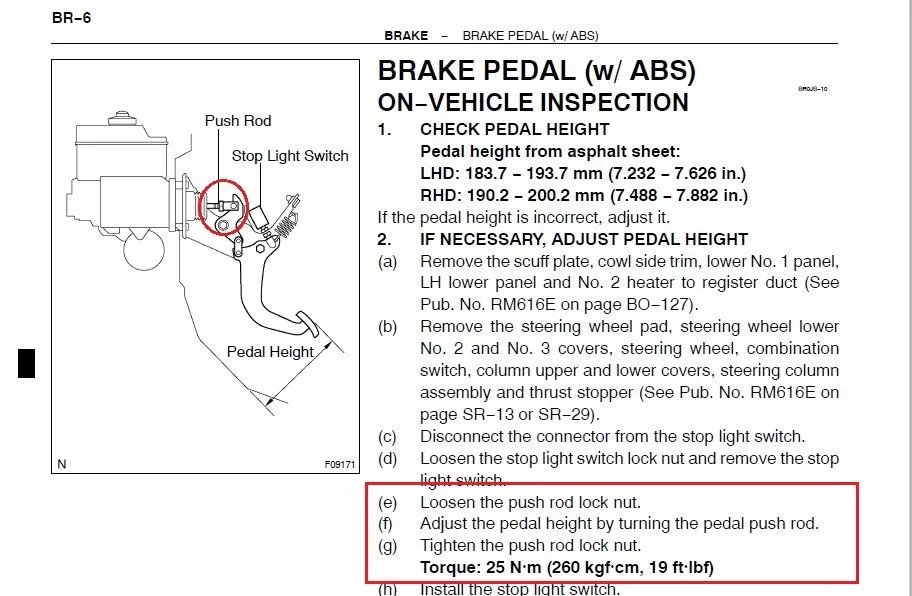It's very limited on what we can buy from Toyota. This has some good diagrams if you'll input your VIN
PartSouq Auto Parts Around the World that may help answer your question.
Were you losing so much you had to add fluid?
Did you pump brake pedal 40 time with key off, before topping?
If leak was from above you "may see" fluid come down the face of master. Possible from a flare nut of hard pipe, a seal (like one pictured above), grommet, etc or spillage. But it may be very hard to see except when active. Then boot covering wires may hold this fluid and attract moisture leading to corrosion. Also possible, fluid is from spillage when topping. I find very often, reservoir is overfilled, leading to leakage from cap or grommets. Overfilling happens because instruction printed on top of reservoir are not followed. So we've many possible sources of leak.
Here is why I busted one open and
 asking all mud members to send me old master/ABS units so I can keep looking at solving this mystery
asking all mud members to send me old master/ABS units so I can keep looking at solving this mystery:

After replacing the ABS with one from a $100 salvage yard donor, for a local mud member saving him a ~$5K Dealer wanted to R&R. I noticed corrosion on wires. I started wondering if brake fluid was leaking out electriods (wire attachment points) attracting moisture. In fact I started inspecting all 100 series for corrosion on wire nuts and screw because of this. I found 30% so far with corrosion. Interesting; Toyota will sell us nuts, screws and wires but not much else, possible because of corrosion issue they may be aware of.

Because of corrosion on wires, I too thought a we may have ABS units leaking where wire attaches (I call electroids). My theory was brake fluid was leaking (weeping) a very small micro amount internal and following path of electroids out to wires. Fluid getting into boot was attracting moisture as brake fluid is hygroscopic. So I begin inspect all 100 series for this condition. I also found if we have corrosion at ABS wire, we often find at other end of wire (pump connection). So if corrosion at both ends (ABS unit & Pump) of wire then the likelihood from micro leak follow electroid out the ABS was reduced!
Anyway I busted the black plastic apart and followed the electroids looking for possible leak. It wasn't that the unit had a noticeable leak, but did have corrosion. What I found was that the electroids snake up through plastic. It was very clear the plastic was molded around electroids, basicly fused to the electroids for quite some distance. I could not see a way for fluid to leak through following electroid out to wire nuts in boot. Although it is possible this is leak point, seem manufacture went to great lengths to make sure it would not. Additionally it look like ABS black plastic unit, only had a few passage that fluid flowed into. That between ABS plastic and the aluminum block connected to master we do have some seals which are a more likely leak point. These seals are not available or replaceable as far as I know..
View attachment 1731757
Form what I could tell no fluid is in the face behind plastic cover held by 4 screws. This one from a 1998 LC.
View attachment 1731756
There is six bolts going through master holding on ABS unit. If these bolts loosen, a leak may devople at seal plate (picture posted in post #175)
Leaks can be very difficult to find source. I've found photographing, then cleaning spotless and then watching for start of source best practice. That seeing a leak for the first time in any area, we jump to conclusion that are often wrong.
If you find leak is actually from electroids, I'm all ears.

Check to see if all six bolts holding ABS unit on are tight. If not tightening and you may get lucky.
Bottom line if you are sure leak is from electriods, then you must replace the ABS unit.



 asking all mud members to send me old master/ABS units so I can keep looking at solving this mystery:
asking all mud members to send me old master/ABS units so I can keep looking at solving this mystery:
